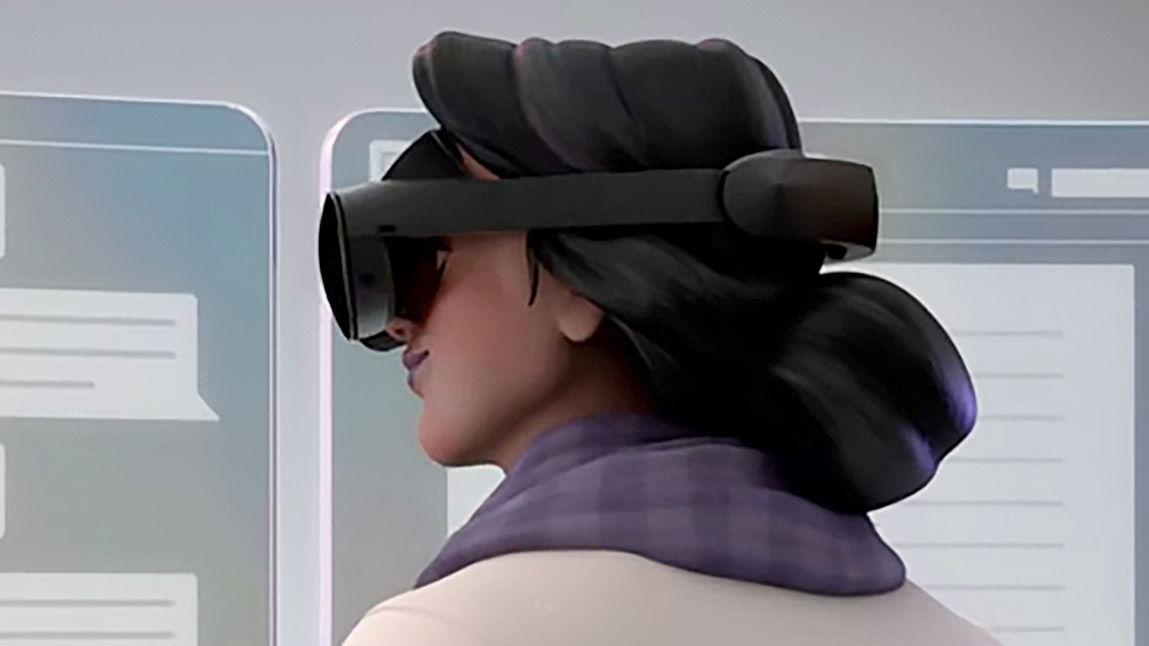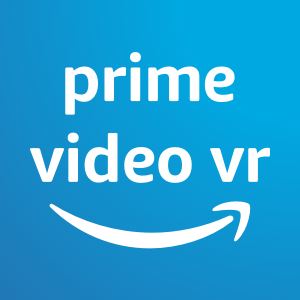
Today, brad Lynch, a tech and VR analyst, took to Twitter to reveal some new details about Meta's upcoming virtual reality devices. He mainly discussed the displays Meta plans to use in the Quest Pro and Quest 3, but he also talked about other specs for the headsets as well as their production timelines.
According to the leak, the Quest Pro, which Lynch refers to as Project Cambria, will have a mini LED display, which is commonly found in newer TVs and some Apple products. This should look a lot better than the Quest 2's 1920 x 1832 LCD lenses, though we don't know what resolution the Quest Pro will use just yet.
In the latest Connect 2021 livestream, mark zuckerberg suggested that the Quest Pro will use "pancake optics" to "fold light several times over" so they can have a thinner, lighter profile. That, combined with the mini LED, should make the Quest Pro a major step up in visual quality.
According to Lynch, the Quest Pro will be released in "Q2 2022," which means it will be released between April and June of this year. According to the latest rumors, the Meta Quest Pro is a wireless headset that includes cameras for face/eye tracking and updated Touch controllers, as well as all of the best Quest 2 games.
The Meta Quest 3 will have an uOLED display, which is an upgraded version of an OLED display. Although OLED has been used in some high-fidelity headsets in the past, the Quest 3 will most likely be the first mass-market device to do so.
Lynch also stated that Meta and Changxin Technology had already finalized the production details for the uOLED, and that the device would be revealed at a Meta (facebook) Connect in 2023 and released shortly after. Given that the last few Connects occurred in September or October, the Quest 3 is expected to be released in late 2023.
Meta is reportedly working on a proprietary chipset for the Quest 3 that will not use Qualcomm's Snapdragon XR3 processor, despite the fact that it will likely be available by the time the Quest 3 goes into production. This custom SoC, according to Lynch, will "focus on a GPU that is better designed for VR loads."

You should also check out the following articles:
- VR BUYING GUIDE AND THE BEST VR HEADSET FOR 2022
- A meta market opportunity: The metaverse could soon be worth $1 trillion
- Facebook wants to build a metaverse. Microsoft is creating something even more ambitious.
- How to succeed in the virtual reality world of tomorrow?
- Books you must read about virtual reality
- Best New Augmented Reality Books To Read In 2021
- US$ 4.7 Billion- The global augmented reality gaming market
- The smart glasses revolution is about to get real
- Consumer Brands Reinventing Marketing in the Metaverse
- Imagine Making Money in Rec Room
- The biggest AR and VR predictions of 2022
- Apple hired Meta's AR communications lead ahead of the 2022 launch of the headset.
- Who Will Be in Charge of the Metaverse?
- The Kingdom of Abraham: The first Jewish metaverse
- Gen Z are planning to spend thousands on cryptocurrency, NFTs and metaverse
- According to Goldman Sachs, the metaverse must run on blockchain
- What You Can Create With a Small Piece of Land in the Metaverse
- How To Buy Land In The Metaverse ?
Subscribe now to our YouTube channel
Subscribe now to our Facebook Page
Subscribe now to our twitter page
Subscribe now to our Instagram
Subscribe To my personal page on LinkedIn
Subscribe To my personal page on TikTok page for those who love to dance :)
Want to know what else is going to be in the coming years? Follow me. Follow the future. Sign up for my friend's letter.




